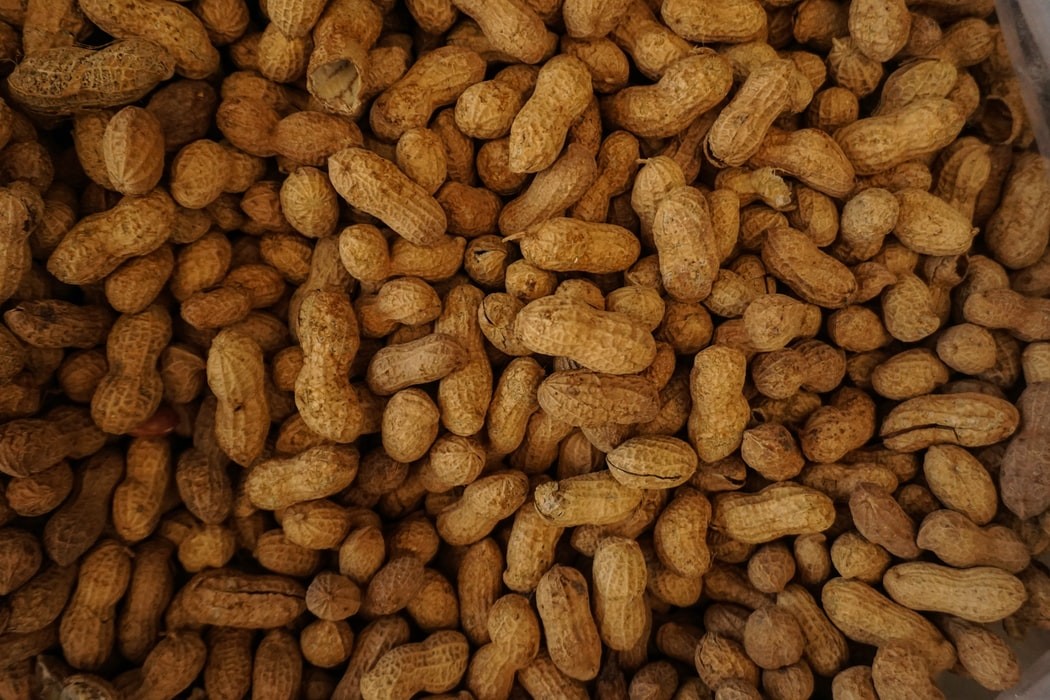
Food Safety Magazine: New research supports informative food labels for improved nut allergy care
UC researcher's findings on 'eliciting doses' for peanut allergies cited
Research from Lynne Haber, PhD, senior toxicologist and adjunct associate professor in the UC College of Medicine, was cited in an article in Food Safety Magazine. Haber used mathematical models to find an 'eliciting dose' — or the amount of peanut protein that will cause or elicit an allergic reaction in peanut sensitive patients.
Food allergies affect a significant number of children and adults globally and the incidence of peanut allergies in particular appears to be growing. Haber's research was published earlier this year in scholarly journal Food and Chemical Toxicology. Her study was supported by the Institute for the Advancement of Food and Nutrition Sciences (IAFNS), a research nonprofit uniquely positioned to mobilize industry, government, and academia to drive, fund, and lead actionable research. IAFNS elevates food safety and nutrition sciences to advance public health.
Read about Haber in Food Safety Magazine.
Learn more about Haber's published research.
Featured image courtesy of Unsplash.
Related Stories
Community disadvantage linked to increased motor symptom...
July 24, 2025
Neurology Live highlighted research led by the University of Cincinnati's Emily Hill that found community disadvantage was associated with worse motor symptom severity and motor disability in patients with Parkison disease (PD) and atypical parkinsonisms.
Managing outpatient challenges for hypertensive intracerebral...
July 23, 2025
The University of Cincinnati Gardner Neuroscience Institute's Yasmin Aziz, MD, was featured in a MedCentral article discussing the challenges of managing hypertensive intracerebral hemorrhage in outpatient settings.
Donors drive record-breaking support for UC and UC Health
July 22, 2025
Generous donors have propelled the University of Cincinnati and UC Health to a historic fundraising year, contributing an unprecedented $228,479,079 in support.
